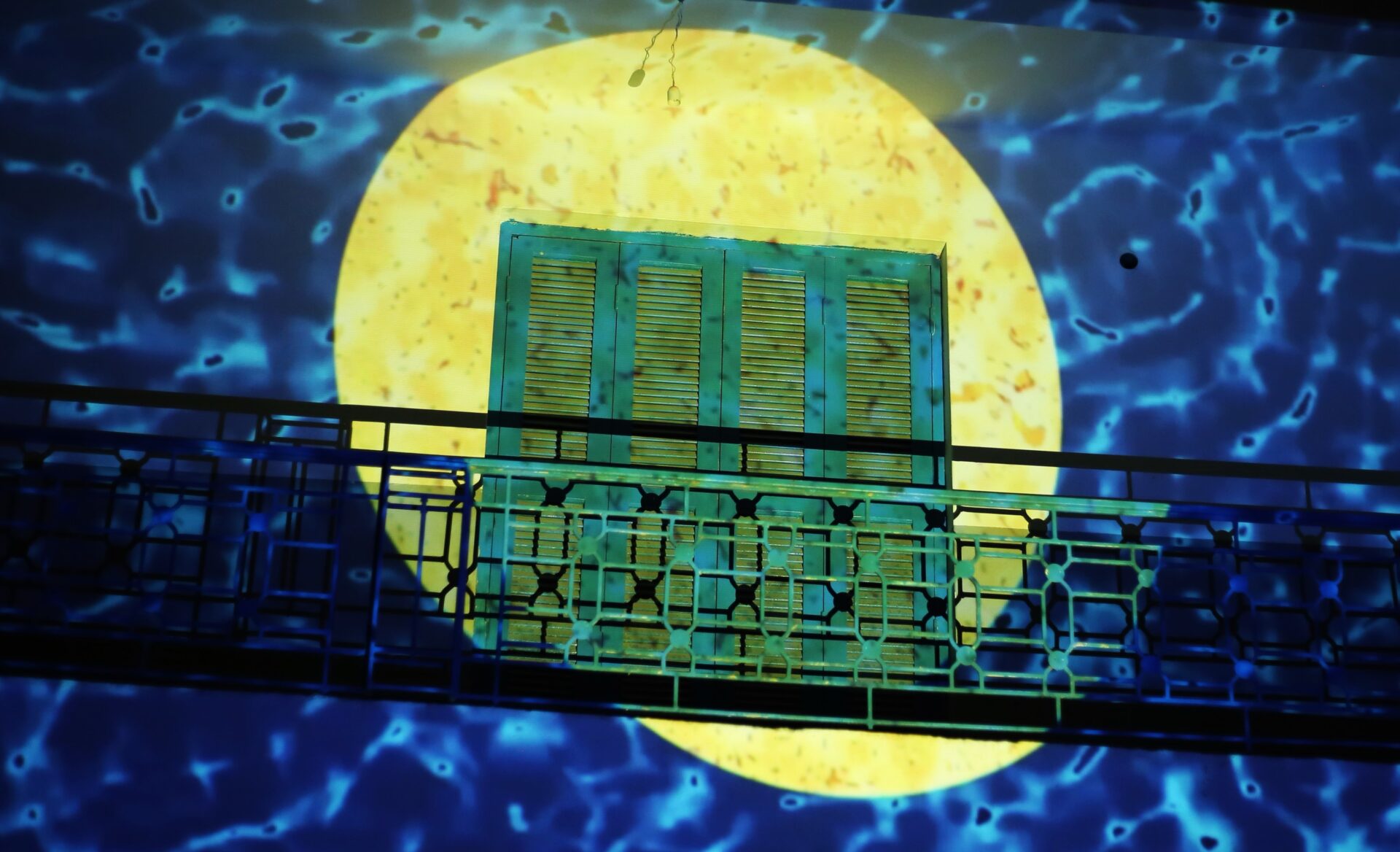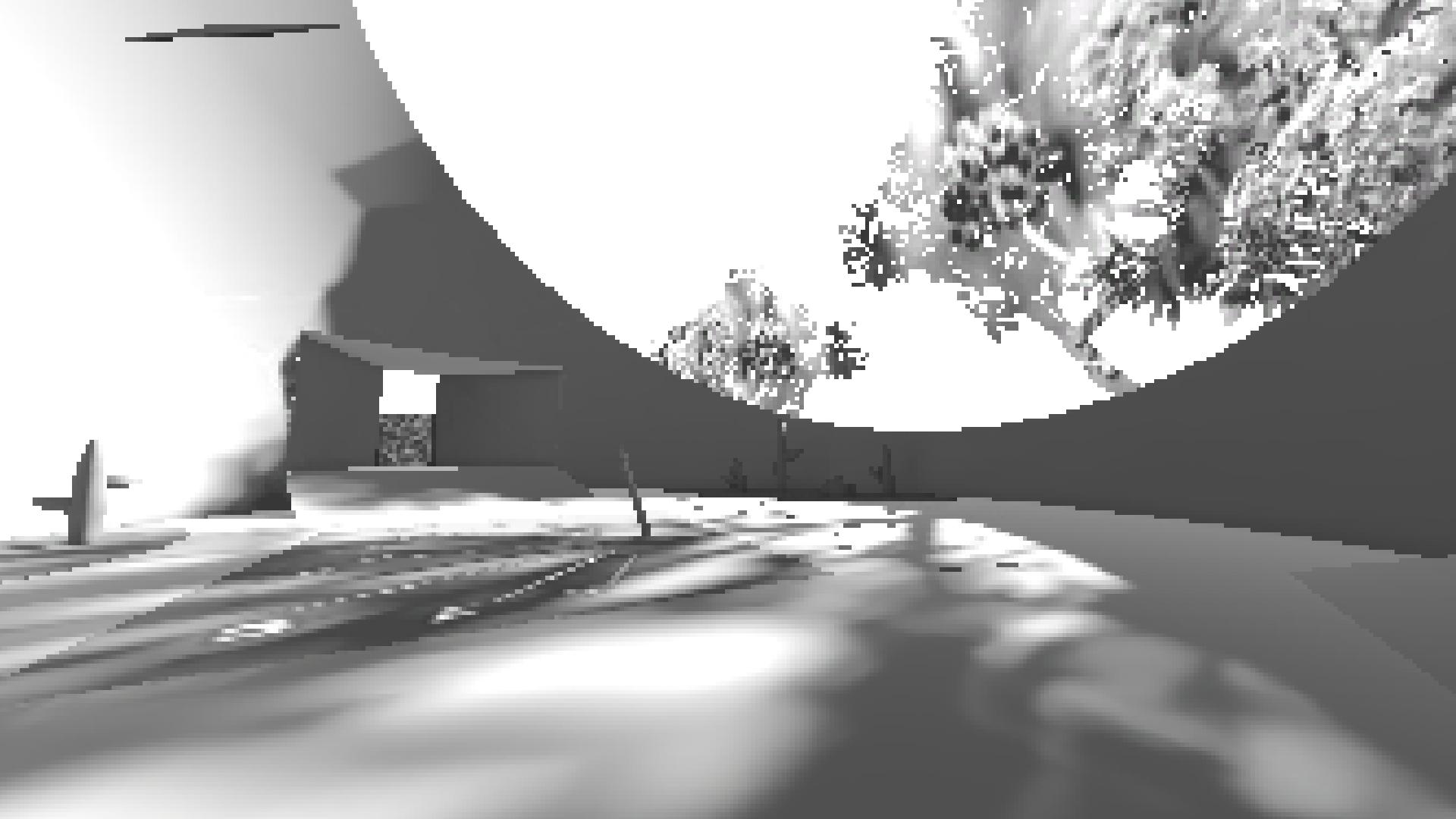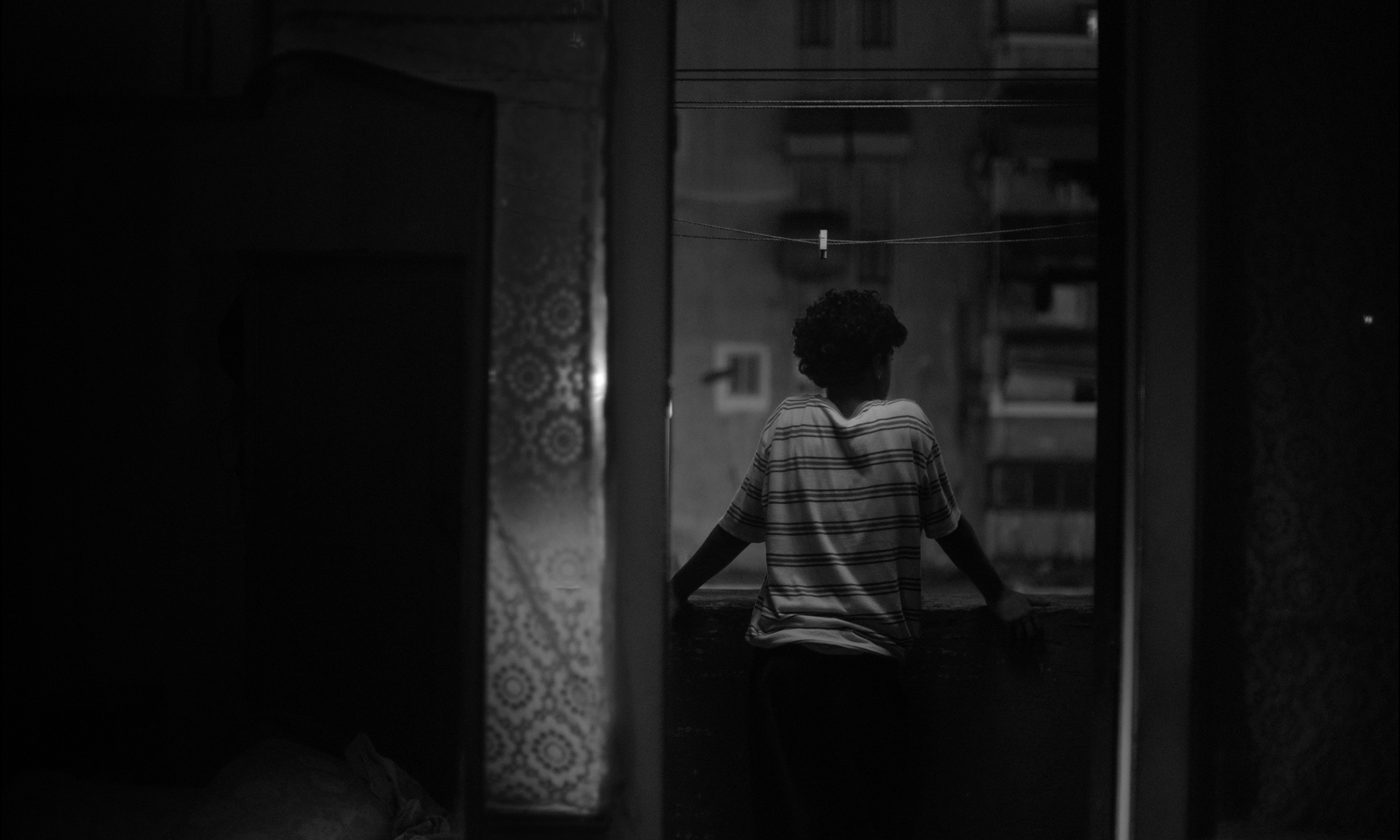Culture Resource is pleased to announce the recipients of the seventh round of the Abbara program which aims to support independent cultural and artistic organizations and groups in the Arab region. Launched in 2011, Abbara aims to empower independent cultural organizations and groups as key actors in the processes of building cultural sectors relevant to their societies. The program has helped support and empower 66 independent cultural and artistic organizations in the Arab region through the six rounds it has held since its creation. As it accompanied these organizations in their journeys, the program team witnessed the progress they made as well as the challenges that led 19 of them to cease their activities.
This year, Abbara received 164 applications from Egypt, Lebanon, Palestine, Morocco, Tunisia, Syria, Yemen, Jordan, Iraq, Sudan, Algeria, Libya, Saudi Arabia and outside the Arab region (Turkey, Germany, France, Belgium, Norway, Netherlands, Ireland and Australia). After a preliminary screening for applications that were incomplete or failed to meet the eligibility criteria, the Abbara team forwarded 143 applications to the five-member independent jury for evaluation. The jury members met in Beirut on 1-2 July to discuss their evaluations and finalize their selections. Their efforts resulted in a shortlist of 9 organizations which will take part in Abbara 7.
Abbara 07 organizations:
Aden Again Cultural Foundation / Yemen
Field of activity: music, visual arts, cultural management, heritage and fusing arts with heritage
A youth organization dedicated to culture and heritage founded in Aden in 2012, Aden Again seeks to contribute to promoting culture and artistic awareness in society, and to reactivating the important role culture has played in that city. Towards these ends, it organizes cultural meetings, online awareness raising campaigns and capacity building activities for young people. Aden Again is one of the few community organizations involved in heritage and arts in Yemen and in Aden in particular. Since its founding, it has gained considerable expertise in the management and implementation of cultural and heritage projects, as well as in training young people and artists in these two fields.
B’sarya for Arts / Egypt
Field of activity: music, visual arts
An art space founded in Alexandria, B’sarya aims to support artists and promote the development of the contemporary art scene in Egypt. Towards this end, it offers technical training to help artists hone their skills and present their art works to the public. The training focuses in particular on visual arts, music and new media. Incorporated in 2017, B’sarya contributed to organizing two contemporary art festivals: the 7th Nassim El-Raqs (Dance Breeze) festival in Alexandria and the first Breaking Walls festival in Cairo. The art space, opened to the public in February 2019, offers emergent artists spaces to present their works. It also hosts artistic activities designed to engage the broader public and reach new segments of society.
Beirut Synthesizer Center / Lebanon
Field of activity: music
A non-profit educational cooperative founded in June 2021, Beirut Synthesizer Center promotes a self-learning methodology with a particular focus on the discovery of electronic musical instruments and acoustics. The center houses three main spaces: a reference library, the synthesizer room, and a large outdoor performance/ gathering area. The center provides a free space open to all and an environment supportive of learning, experimentation, communication and exchange of knowledge and expertise. Its main aim is to connect individuals who are keen to learn and discover with the resources and spaces they need to inspire them and nurture them in their creative journey, especially in the fields of electronic music and acoustics.
Dancers Citizens of the South (DCS) / Tunisia
Field of activity: music, performing arts, visual arts, cultural management, cultural policies, cultural spaces
A progressive youth movement established as an independent association on 31 May 2015, the DCS organizes projects that aim to integrate youth into public life, promote the culture of dialogue among them, enhance their artistic abilities in the performing arts, help them develop their own work, and open horizons for them. Since 2020, the association has operated a cultural center called No Name. Located in Gabes, it is the first alternative cultural center in the area and, as such, it seeks to give young people a safe home to gain expertise through alternative, contemporary approaches that are consistent with the association’s aspirations at this juncture. The center is dedicated to the decentralization of culture and to giving its target groups opportunities to be leaders and pioneers in fields that foster their economic and social empowerment locally and regionally.
Khararif / Palestine
Field of activity: heritage documentation
A cultural initiative founded by a team of visual production and cultural documentation specialists from the Levant with the aim of preserving the oral folk heritage in the region audio-visually and reproducing it using video, audio and design materials and technologies equipped to properly preserve this heritage, disseminate it across social media platforms and expand its audience base. Kharareef aspires to become a regional cultural heritage multimedia electronic library dedicated to the conservation of the folk heritage from diverse parts of the Arab region. The first phase of this project began with researching and the audiovisual documentation of Palestinian folk heritage with the aim of producing a series of 30 stories about
The Muse multi studios / Sudan
Field of activity: visual arts, cultural management
Muse is a creative enterprise that aims to promote the dissemination of arts, particularly visual arts, in Sudanese society. Towards this end, it creates learning opportunities for participants by offering spaces and activities that foster the production and understanding of arts and culture. The organization strives to generate a pro-art environment and society in Khartoum (with plans to extend the project beyond the capital in the future) and to foster collaboration and networking internationally. The Muse organizes exhibitions, artistic workshops, community events, educational programs and art residencies. It also supports artists and their career development and documents the Sudanese art scene.
Piccolo Teatro Di Bizerta / Tunisia
Field of activity: performing arts, cultural spaces
A cultural center founded in Bizerte, 50 km from Tunis, Piccolo Teatro specializes in theatrical coaching and production, and organizing artistic events especially in the performing arts. As a cultural space, it aims to attract the largest possible number of theater enthusiasts, especially children and youth, in order to educate and empower them through a carefully curated program of theatrical and dance performances selected both for their intrinsic importance and for their value in introducing amateurs to the art of watching.
Stereo Contemporary Arts / Palestine
Field of activity: performing arts
A dance group formed in 2014 by four breakdancers from Nablus, the group expanded into contemporary dance when its members joined international dance companies such as Les ballets C de la B (Belgium) and NGC25 (France). The group primarily produces professional dance works informed by the realities of the Palestinian dancers’ lives and presents their productions to audiences in Palestine and abroad. They also offer workshops on hip-hop dance, especially at the refugee camps such as the one where the group began. Their aim is to transmit their experience in which hip-hop culture had played a huge part in creating spaces for free expression. The group also organizes dance activities and contests, for breakdancers in particular, to encourage them to hone their skills and develop a sense of constructive competition.
4S Fest / Morocco
Field of activity: music
4S is a non-profit NGO founded in Casablanca in 2016 with the aim of empowering emergent artists and cultural workers in music and the digital arts. Towards this end, the organization fosters activities that assist with organizational structuring and networking. It also offers diverse training courses designed to help musicians and other cultural actors to become more independent and better equipped to integrate into the labor market.
Abbara jury statement
The jury for the seventh round of Abbara, whose members met for the first time at the Culture Resource headquarters in Beirut, were delighted by this opportunity to familiarize themselves with the many cultural and artistic initiatives, organizations and project proposals that applied to this program. The jury read and discussed the 143 applications for this round from the Arab region and abroad with great interest, and praised both the quality and diversity of the proposed projects. They noted how the proposals reflected the domestic concerns and cultural needs that shaped the contexts in which the applicant organizations functioned and, above all, the harsh circumstances gripping many Arab countries at this time in addition to the lack of official support for cultural work and the challenges related to the conditions attached to funding for the cultural sector.
The richness of the proposed projects in terms of their creativity, value and diversity made the jury’s task so much more challenging. Most of the proposals merited support for their determination to promote change and for their daring to introduce things that are new and unfamiliar, especially to areas outside the main urban centers. The jury greatly appreciated this interest in promoting decentralization and boosting culture as an engine of social change.
Faced with such difficult choices, the jury decided to select the organizations or initiatives whose proposals promised the greatest added value to their communities and which would simultaneously most benefit from the training the Abbara program offers. Other criteria included the organizations’ potential for institutionalizing and developing their work and how realistic and appropriate their provisional budgets were to their proposed activities or programs. In general, the jury was keen to give priority to emergent initiatives, while taking into consideration their degree of professionalism in their particular artistic discipline. This was informed by the desire to open new horizons for cultural work with the ability to respond to the complex challenges of operating in their environments and with the potential for sustainability, networking, exchanging expertise and sharing resources. The jury felt it is important that their shortlist reflected both diversity and harmony.
From their overall analysis of the applications they received, they observed that many of the promising project proposals did not actually need organizational structures to carry them out. Their recommendation to these initiatives at this stage is to apply for project grants. At the same time, the jury stressed how much they looked forward to seeing these initiatives and projects grow and develop.
The jury members, who had spent two months reading and evaluating the applications and proposed projects independently before meeting each other, trust that they made the best possible shortlist of qualified candidates for the Abbara program. Finalizing such a list was the product of a lengthy and complex process that involved discussing and weighing the relative merits of numerous organizations and projects. To compound the challenge, the jury could only choose at most 10, or only 14.3 per cent, of the 143 applicant organizations.
The committee members wish the selected organizations success in the realization of their aims and visions, and hope that this Abbara round inspires other organizations to work boldly and creatively.
Jury members
Abderrahmane Lahy / Mauretania: cinema director, cultural actor and founding director of la Maison des Cinéastes in Mauritania. He is also a member of Culture Resource’s Artistic Board and its former chairman.
Cyrine Gannoun / Tunisia: actress, theater director and cultural management trainer. Cyrine is the director of El Hamra cultural space. In 2019, she launched a theater festival in commemoration of her father: the Ezzeddine Gannoun Theater Festival.
Hanna Atallah / Palestine: filmmaker, producer, artistic and cultural director, and expert in narrative and documentary filmmaking. Hanna founded FilmLab Palestine, a non-profit organization, in Ramallah in 2014 and developed a platform to promote cinema culture and the exchange of professional filmmaking expertise in Palestine. He is the founding director of the Palestine Cinema Days festival.
Heba Hage-Felder / Lebanon: Director of the Arab Image Foundation, she has 25 years of diverse experience in culture and arts, institution building, sourcing funding for individuals, social work and artistic management.
Khyam Allami / Iraq: musician and oud player. Known for his fusion of the classical Arabic oud repertoire with contemporary compositional influences, Khyam began studying music and diverse musical instruments at an early age. However, since 2004, he has specialized in the oud and musical composition. He has studied with oud masters in London, Cairo and Istanbul.




